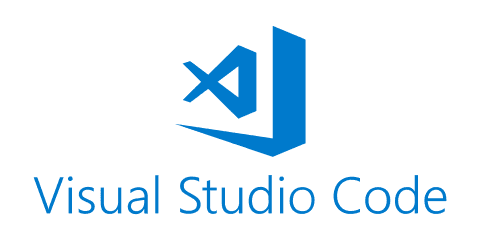Awais Tahir - BlogUnleashing Productivity with Visual Studio Code: Your Swiss Army Knife for Development

What is Visual Studio Code?
Visual Studio Code is a free, open-source code editor developed by Microsoft. It provides a modern and feature-rich environment for software development, offering support for various programming languages, extensive customization through extensions, and a streamlined user interface.
Certainly! Here's a brief article about Visual Studio Code (VS Code), including relevant links for more in-depth exploration:
Unleashing Productivity with Visual Studio Code: Your Swiss Army Knife for Development
Visual Studio Code (VS Code) has emerged as a lightweight, yet powerful, code editor that caters to the diverse needs of developers. Developed by Microsoft, VS Code supports a myriad of programming languages and offers a rich set of features to enhance your coding experience.
Understanding Visual Studio Code
What is Visual Studio Code?
Visual Studio Code is a free, open-source code editor developed by Microsoft. It provides a modern and feature-rich environment for software development, offering support for various programming languages, extensive customization through extensions, and a streamlined user interface.
Features
Visual Studio Code is a source-code editor that can be used with a variety of programming languages, including C, C#, C++, Fortran, Go, Java, JavaScript, Node.js, Python, Rust, and Julia. It is based on the Electron framework, which is used to develop Node.js web applications that run on the Blink layout engine. Visual Studio Code employs the same editor component (codenamed "Monaco") used in Azure DevOps (formerly called "Visual Studio Online" and "Visual Studio Team Services").
Out of the box, Visual Studio Code includes basic support for most common programming languages. This basic support includes syntax highlighting, bracket matching, code folding, and configurable snippets. Visual Studio Code also ships with IntelliSense for JavaScript, TypeScript, JSON, CSS, and HTML, as well as debugging support for Node.js. Support for additional languages can be provided by freely available extensions on the VS Code Marketplace.
Visual Studio Code Insiders logo
Instead of a project system, it allows users to open one or more directories, which can then be saved in workspaces for future reuse. This allows it to operate as a language-agnostic code editor for any language. It supports many programming languages and a set of features that differs per language. Unwanted files and folders can be excluded from the project tree via the settings. Many Visual Studio Code features are not exposed through menus or the user interface but can be accessed via the command palette.
Visual Studio Code can be extended via extensions, available through a central repository. This includes additions to the editor and language support. A notable feature is the ability to create extensions that add support for new languages, themes, debuggers, time travel debuggers, perform static code analysis, and add code linters using the Language Server Protocol.
Source control is a built-in feature of Visual Studio Code. It has a dedicated tab inside of the menu bar where users can access version control settings and view changes made to the current project. To use the feature, Visual Studio Code must be linked to any supported version control system (Git, Apache Subversion, Perforce, etc.). This allows users to create repositories as well as to make push and pull requests directly from the Visual Studio Code program.
Getting Started with Visual Studio Code
- Download and Install VS Code:
- Get Visual Studio Code and follow the installation instructions for your operating system.
- Explore Official Documentation:
- VS Code Documentation provides comprehensive guides, tutorials, and references to help you get started and make the most of the features.
- Extensions for Productivity:
- Visit the VS Code Marketplace to explore and install extensions that align with your development needs.
- Learn VS Code Tips and Tricks:
- Visual Studio Code Tips and Tricks offers a collection of tips and shortcuts to boost your efficiency.
- Join the Community:
- Engage with the Visual Studio Code community to stay updated, seek assistance, and share your experiences.